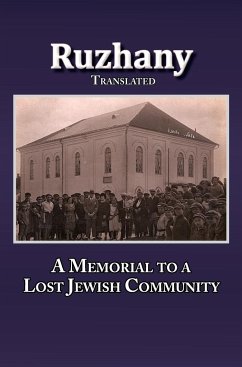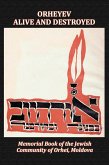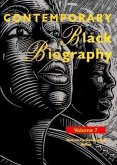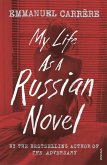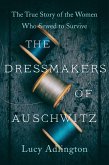This book is a translation of the Ruzhany Memorial (Yizkor) Book that was published in 1957 in Hebrew and Yiddish; it is based upon the memoirs of former Jewish residents of the town who had left before the war. Ruzhany, called "Rozana" in Polish and "Ruzhnoy" in Yiddish, is now a small town in Belarus. It was part of Russia at the time of World War I and Poland afterwards for a short period, and then the Soviet Union. In 1939, the Jewish population was at its peak 3,500, comprising 78% of the town's population. In November 1942, every Jewish resident was murdered by the Nazis and their collaborators. Founded in the mid-1500s, Jews were welcomed by the private owner, the Grand Chancellor, Duke Leu Sapeiha. He valued Jewish settlers who would create a variety of businesses that would produce profits and generate collectable taxes. They opened schools, built many small synagogues, and the "Great Synagogue" in the main square. In addition they established many social institutions. The market town thrived. Starting in the early 1900s, many young Jews immigrated to the United States so that the young men could avoid prolonged conscription into the Czar's army. Other young Jews studied farming and became "pioneers" (Halutzim) in Palestine, now Israel. Between the wars, the Jews slowly revived their businesses and social life. They formed the first all-Jewish volunteer fire department in the region. Many engaged in secular activities, political groups, youth groups, Zionist and Socialist, as well as religious life, all described in this book. The descriptions of the destruction of the community and their end in the Treblinka death camp are recorded in this book by survivors from other towns. No Jewish resident from Ruzhany survived. This translation of the 1957 Memorial (Yizkor) Book makes these first-hand accounts available to English- speaking researchers and Ruzhany descendants living all over the world.
Hinweis: Dieser Artikel kann nur an eine deutsche Lieferadresse ausgeliefert werden.
Hinweis: Dieser Artikel kann nur an eine deutsche Lieferadresse ausgeliefert werden.

